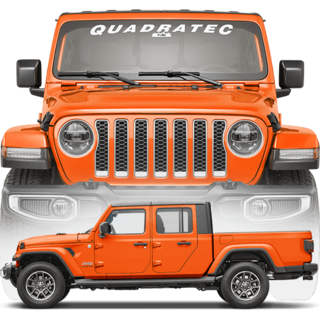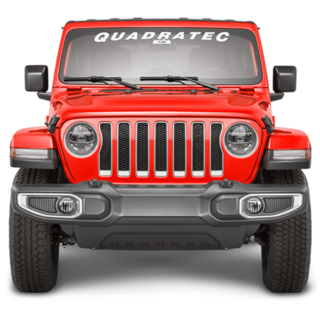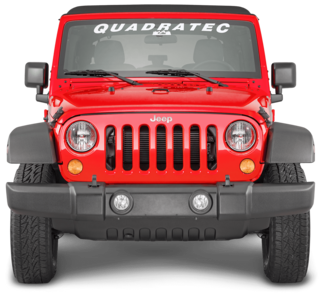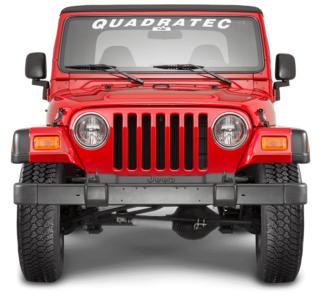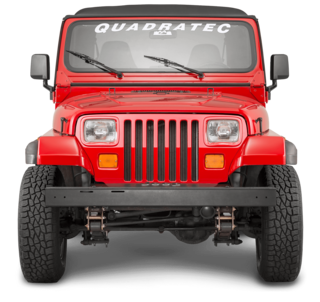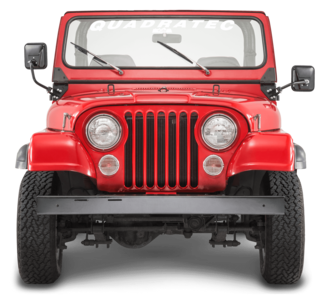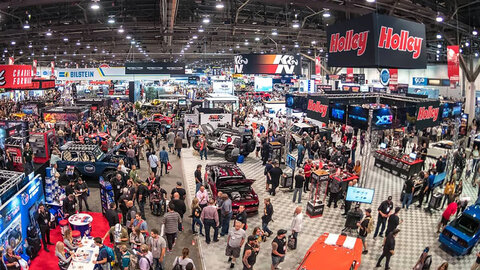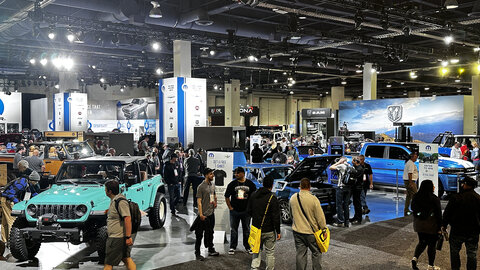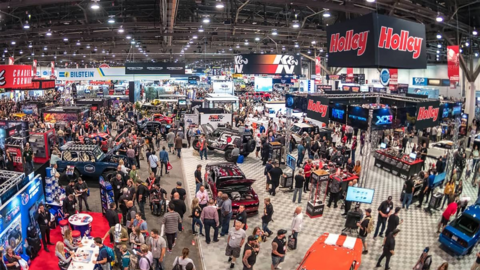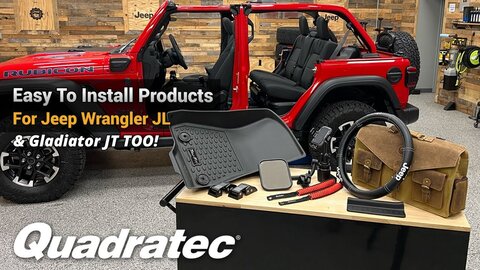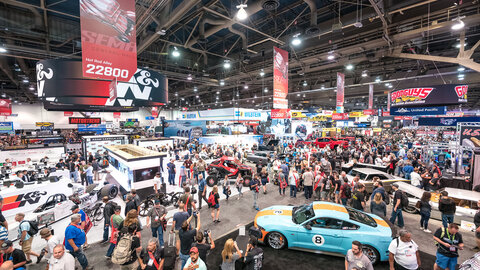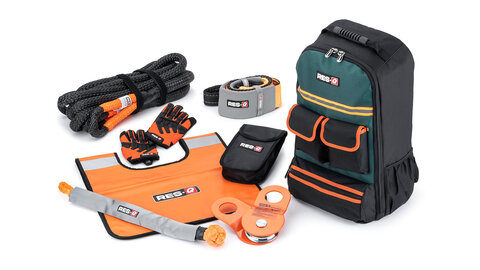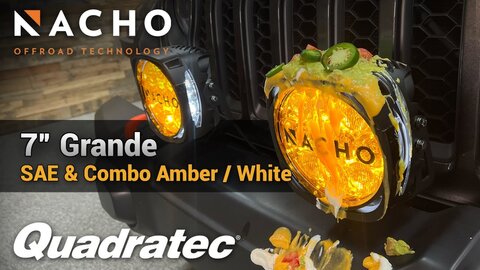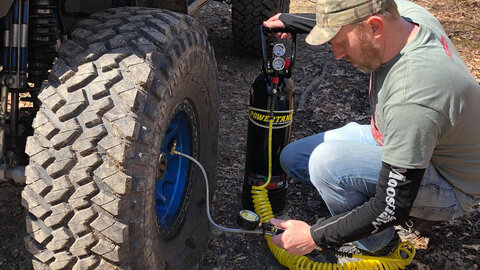The vehicle helped win a World War. It revolutionized the automotive industry.
It survived economic downturns, fuel shortages and furious competitors all looking to take away what it has earned over the years.
Now the iconic Jeep brand, as it enters its 75th year, is being asked yet again to lead the way – this time as current owner Fiat Chrysler Automobiles (FCA) tries to remarket itself in North America as an SUV and truck-first company.
The question is, can the brand alone ‘save’ FCA like some pitiful car snuck in a snowbank?
FCA certainly seems to think it can, and has extensive plans for the line in the coming years which includes vehicle, infrastructure and equipment enhancements.
"We have said consistently since 2009 that Jeep will be our global brand -- we will grow Jeep,” said Mike Manley, FCA’s head of Jeep and Ram, to the Detroit Free Press. "We believe it has significant volume upside. We have consistently over-delivered against that number."
It is no secret the Jeep line has been carrying more and more of the load lately for FCA. Just look at the numbers. Monthly sales record after monthly sales record. Seventy-one in a row, to be exact, and across all platforms of the brand.
In fact, for 2015, Jeep alone accounted for 1.2 million vehicles sold and for more than 28 percent of FCAs total global sales. FCA hopes to nearly double that sales number within two years.
Overall, Jeep sales since 2009 have increased a staggering 266 percent, the company reported. Many believe Chrysler’s rise out of bankruptcy in 2009, and subsequent merger with Fiat to create FCA, would not have been possible without the strong success of the Jeep brand.
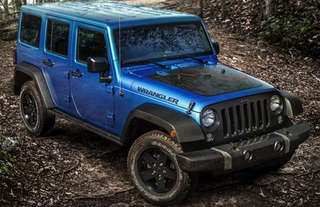
Contrast this with the recent performance from its automotive division, with Chrysler (26 percent down) and Fiat (9 percent down), and you can see why FCA announced plans in late January to specifically focus on Jeep and, to a lesser extent, Ram Trucks.
"We've seen a significant shift in the product mix of cars being sold in the U.S.," FCA SEO Sergio Marchionne said at the time. “We have decided to de-focus, from the manufacturing standpoint, to de-focus on the passenger car market and (focus) to try and deal with the development of (the) Jeep brand."
To accomplish this goal, FCA plans to kill off the slumping Chrysler 200 and, hopefully, partner with another automaker to keep the Dodge Dart around – then use those open production lines to pump out more Jeeps and trucks which, in turn, would boost profitability.
FCA also has announced a new generation Wrangler, a pickup Jeep, Grand Wagoneer, and Hybrid Wrangler all in the coming years.
However, while this strategy may seem sound to pump all your assets into the most profitable division, it does propose risk.
Current fuel prices are the lowest in years and are definitely helping power demand in the truck and SUV market. But when those prices inevitably rise, will the white-hot consumer interest remain?
And what about a potential economic downturn? Will FCA be able to rework all its assembly lines and get profit-inducing product to the market before any economic issues?
Then there are the quality concerns. Five of the lowest spots in the last Consumers Reports survey belonged to FCA vehicles, while the latest JD Power rankings list FCA as 29th out of 33 brands. In addition, several recalls in the past year have affected the automaker.
Worrisome for FCA? Certainly. But the market has proven again and again it adores Jeep despite economic, quality and fuel concerns - with most focusing on what the brand offers in rugged off-road capability rather than potential quality issues.
As FCA addresses and overcomes these concerns, interest in Jeep can only grow.
“We greatly value customer feedback and use it to continuously improve our vehicles," said FCA quality chief Matt Liddane in a statement. "Because of this fact, we're significantly accelerating our pace of improvement for our entire product lineup."
So can Jeep alone really ‘save’ FCA and lift the company as it pivots away from car making in North America?
Well, in the waning days of World War 2, US Army correspondent Ernie Pyle said: “I don't think we could continue the war without the Jeep. It does everything. It goes everywhere. It's as faithful as a dog, strong as a mule, and as agile as a goat. It constantly carries twice what it was designed for, and keeps on going.”
If the brand can continue this type of reputation, it very well may be a savior once again.

